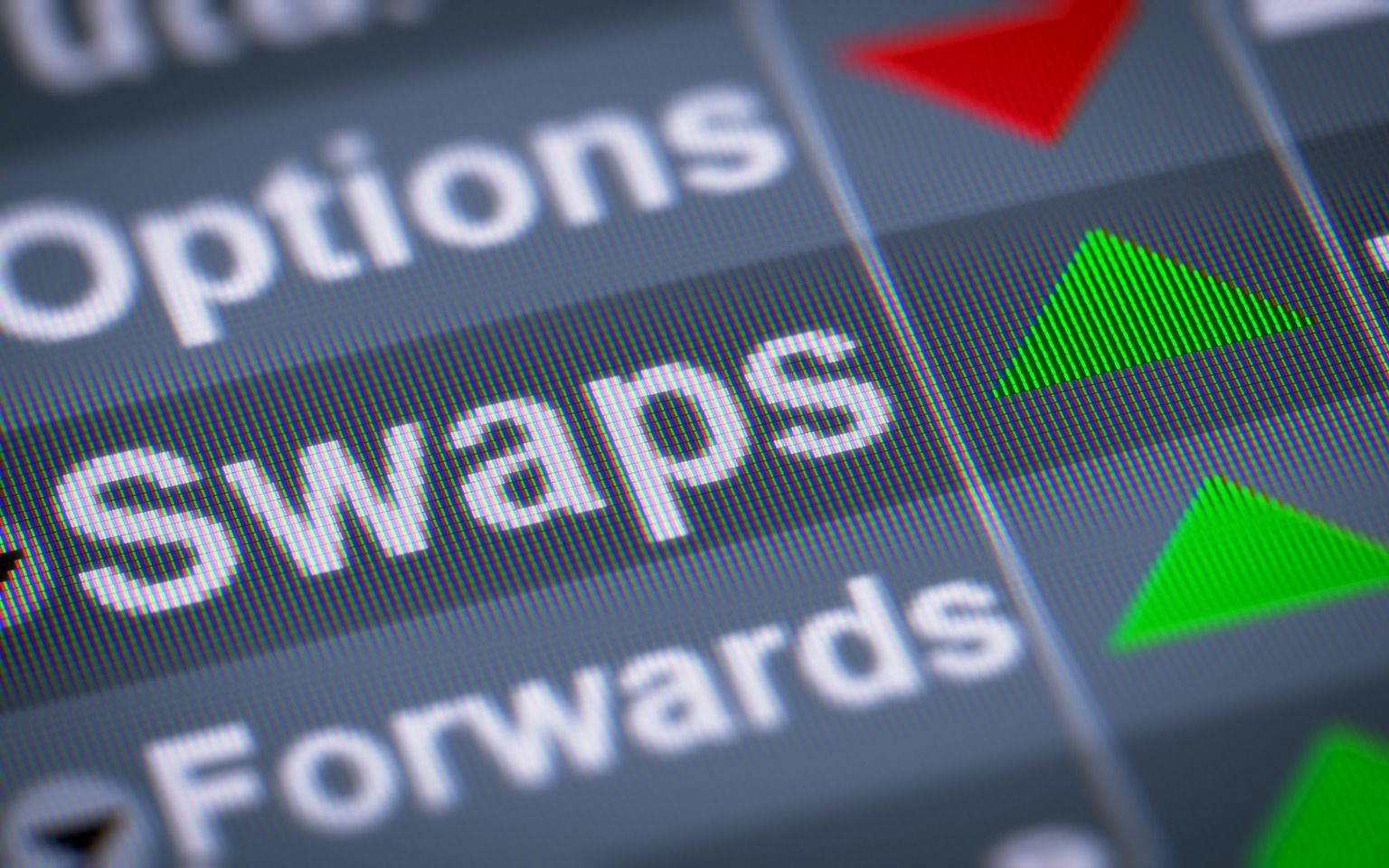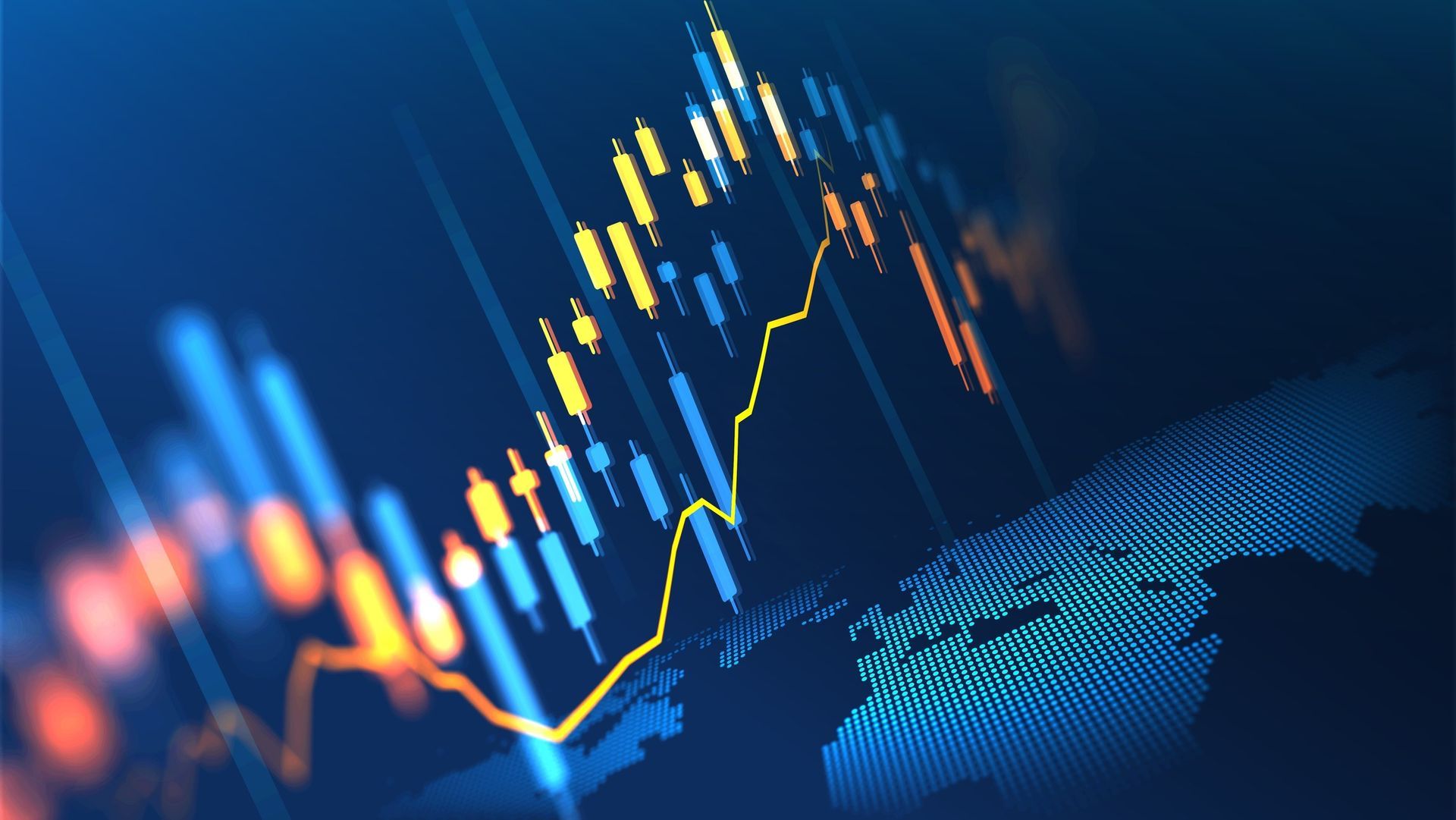What is a Trading Counterparty?

In a financial market, trading counterparties can play a role in navigating the obstacles of trading. It can be a challenge taking part in the market, no matter what asset you’re trading. If you are unfamiliar with the term “trading counterparty”, we’ll explain what it means.
We’ll also talk about the role they serve regarding the trading process. There are different types of counterparties that we’ll be discussing along with their regular functions. By the end of this guide, you’ll have a deeper understanding of the term. Let’s dive right in and get started now.
Trading counterparty defined
So what is a trading counterparty? A trading counterparty is defined as an entity - operating either as an individual or institution - that engages in financial transactions. They can perform activities like the regular buying and selling of assets such as stocks or even derivative contracts. In plain English, if you are the other party involved in a trading situation, you are considered a counterparty.
What are the types of trading counterparties?
There are four different entities that serve as trading counterparties. Let’s take a look at what they are and their specific roles:
- Individual investors: These are also known as retail investors. If you purchase or sell assets like stocks through a brokerage account, another individual investor will be on the other end of the trade. Institutional investors may even act on behalf of individuals in some situations.
- Institutional investors: This type of investors are large entities including mutual funds and hedge funds to name a few. In short, they are the bigger fish in the financial market. In trades where the volume is substantial, they will engage each other as counterparties.
- Market makers: Market makers consist of individuals or financial institutions. They serve as counterparties to both buyers and sellers in order to match orders. Brokerage firms and investment banks can also serve as market makers. Market makers also provide liquidity as part of their trading procedures.
- Brokers and exchanges: This type of counterparty will act as middlemen between buyers and sellers. They will be on the other end of the trade either as individuals or entities.
What are the functions of trading counterparties?
Now that you know what the trading counterparties are, it’s important to know what their functions and abilities are. With that, let’s take a look at the following list here:
Facilitating trades
Of course, this is considered the primary function of trades - whether it’s buying or selling. The assets could be anything traded on the market from stocks, bonds, even physical commodities. A counterparty will allow the participants of the market to execute the trade.
Providing liquidity
Liquidity is crucial for financial markets. This ensures that assets can be bought or sold without creating a significant impact on the price. Market makers and other counterparties will take the other side of a trade, thus making contributions to the liquidity aspect.
Risk management
Managing risk is standard amongst traders in the market. As such, trading counterparties will tend to do the same using futures and option contracts (for example). Participants of the market can even hedge against the price fluctuation of an asset by purchasing these futures and options. A counterparty will assume the risks that are connected to adverse price movements of the asset in question.
Price discovery
In the market, the prices will be determined by the dynamics of supply and demand. As such, the buyers and sellers will interact with counterparties that are facilitating the transactions. This leads to price discovery, which is an ongoing process.
What makes trading counterparties significant?
Trading counterparties hold significance in the market trading process. They do so for the following reasons:
Market efficiency
Market efficiency thrives on the contributions of numerous trading counterparties. Meaning that the prices of the asset will reflect the information available. This will be advantageous for market participants since they’ll be able to execute trades in a timely fashion and at a fair price.
Risk allocation
Another thing that trading counterparties that can do is allow the allocation of risk with such efficiency. Each investor is different when it comes to risk tolerance. Therefore, they can engage in transactions that will suit their risk tolerance best. They can be able to transfer it by ways of financial instruments to ensure that the markets maintain their stability.
Diversification opportunities
Investors are smart to diversify their portfolios for the purpose of growing its overall value. There are various trading counterparties that are spread out amongst different asset classes, industries, and even geographical regions. Having these present in this structure will pave the way for better risk management on the part of the investor.
What are the downsides of trading counterparties?
Trading counterparties may have their advantages. However, with those come the disadvantages. It’s important to note that market disruptions can play a role in the investing process. Thus, you should always perform your due diligence and be mindful of your risk management when choosing a trading counterparty that will work for you.
Another thing is that some counterparties may pose a risk. Specifically, one party of the trade may fail to fulfill its financial obligations. In turn, this could lead to losses for the other party of the trade.
Finally, regulation changes may even change the way traders work with counterparties. Thus, it’s crucial for both investors and counterparties alike to keep an eye on any potential regulatory changes that are being considered or approved.
Contact PermuTrade today about your trading plans
When it comes to trading, PermuTrade has the experts that can be able to help. We cover topics on physical commodities, cryptocurrency, and more. That’s why we offer consulting services based on your own trading and overall financial strategy.
Success is possible when you work with those who understand the market. It’s always a risky idea to go at it alone. So why not trust the experts that can help you out? For more information, contact PermuTrade today and we’ll discuss your trading plans and help get you on the right course.
Disclaimer: The information on this website and blog is for general informational purposes only and is not professional advice. We make no guarantees of accuracy or completeness. We disclaim all liability for errors, omissions, or reliance on this content. Always consult a qualified professional for specific guidance.






